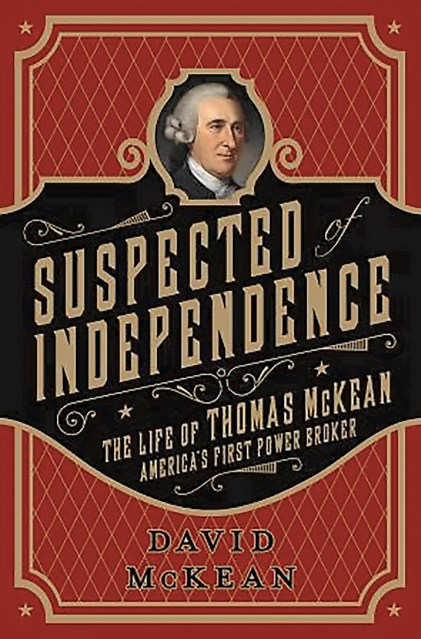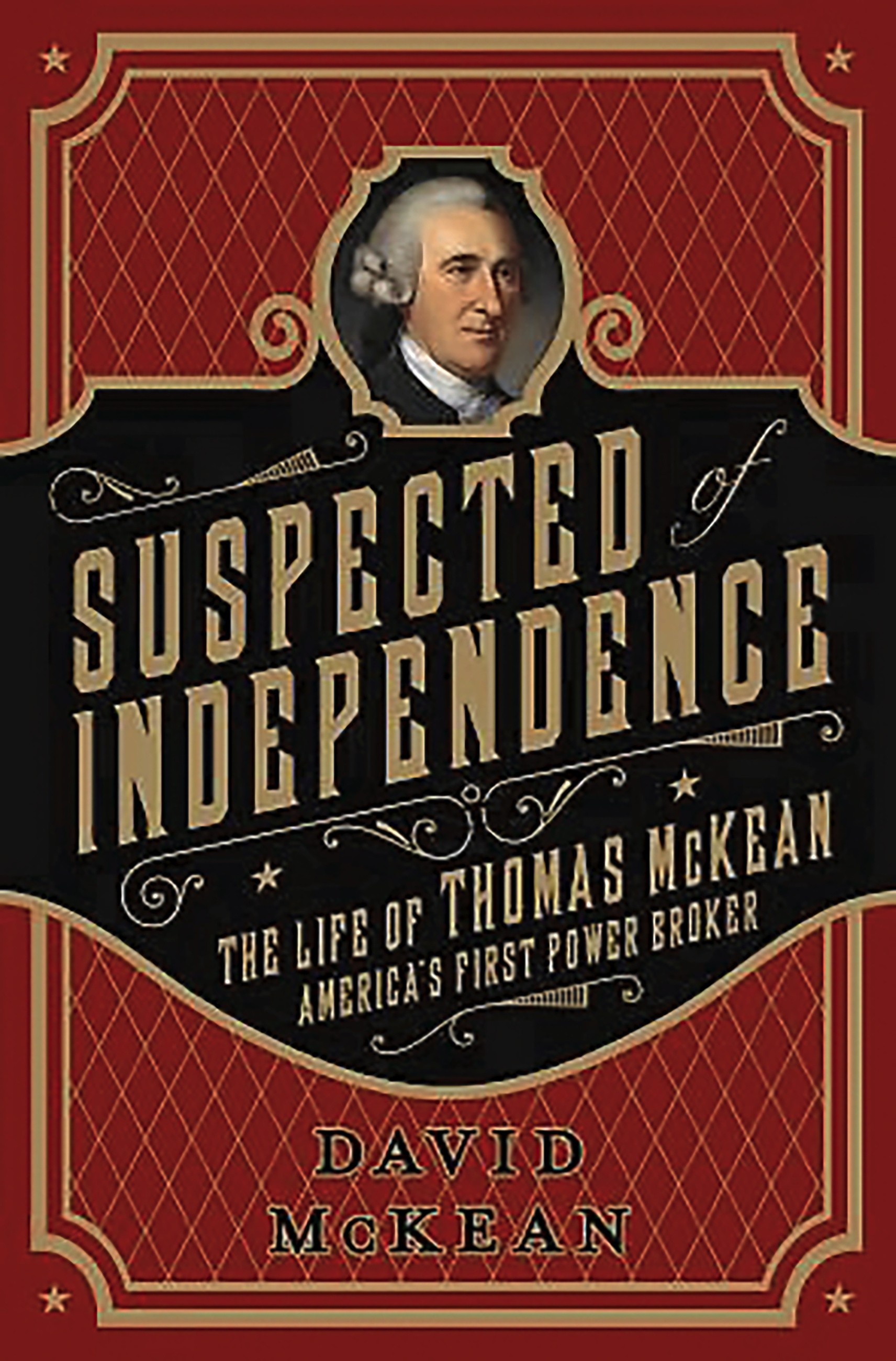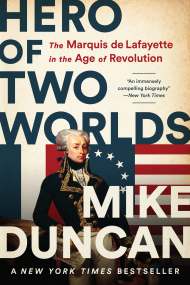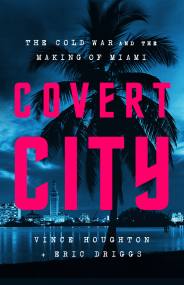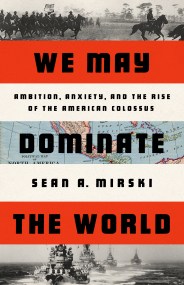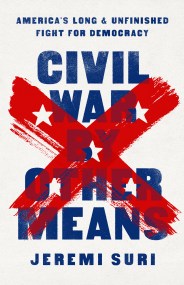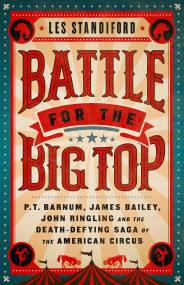By clicking “Accept,” you agree to the use of cookies and similar technologies on your device as set forth in our Cookie Policy and our Privacy Policy. Please note that certain cookies are essential for this website to function properly and do not require user consent to be deployed.
Suspected of Independence
The Life of Thomas McKean, America’s First Power Broker
Contributors
By David McKean
Formats and Prices
- On Sale
- May 10, 2016
- Page Count
- 320 pages
- Publisher
- PublicAffairs
- ISBN-13
- 9781610392211
Price
$27.99Price
$36.50 CADFormat
Format:
- Hardcover $27.99 $36.50 CAD
- ebook $18.99 $24.99 CAD
This item is a preorder. Your payment method will be charged immediately, and the product is expected to ship on or around May 10, 2016. This date is subject to change due to shipping delays beyond our control.
Buy from Other Retailers:
Present at almost all of the signature moments on the road to American nationhood, from the first Continental Congress onward, Thomas McKean was a colonel in the Continental Army; president of the Continental Congress; governor of Pennsylvania; and, perhaps most importantly, chief justice of the new country’s most influential state, Pennsylvania, a foundational influence on American law. His life uniquely intersected with the many centers of power in the still-formative country during its most vulnerable years, and shows the degree of uncertainty that characterized newly independent America, unsure of its future or its identity.
Thomas McKean knew intimately not only the heroic figures of the Revolutionary era — George Washington, John Adams, Thomas Jefferson, and Benjamin Franklin — but also the fascinating characters who fought over the political identity of the new country, such as Caesar Rodney, Francis Hopkinson, and Alexander Dallas. His life reminds us that America’s creation was fraught with dangers and strife, backstabbing and bar-brawling, courage and stubbornness. McKean’s was an epic ride during utterly momentous times.
-
“McKean reaches back into his family's history to tell the story of revolutionary-era America through the eyes of a lesser-known founding father…The author efficiently alternates between politics and military developments, keeping the cradle-to-grave biography moving briskly.” —Publishers Weekly
"Perhaps second only to New York's George Clinton, revolutionary era political leader Thomas McKean remains America's least known founder despite having stood at or near the center of the action from the Stamp Act Congress through the cataclysmic election of 1800. Clearly written and comprehensive, Suspected of Independence should help to right the balance." —Edward J. Larson, Pulitzer Prize-winning author of The Return of George Washington
"In this fascinating tale of a long forgotten founder, David McKean reminds us that politics have long been rough and nasty—but that integrity and steadfast faith in the rule of law can, then as now, overcome partisan pettiness and reckless passion. McKean is a gifted writer and historian with a clear-eyed view of the past that is highly relevant to the present." —Evan Thomas, author of Being Nixon -
"A brisk biography...McKean was more than a leading jurist in the Revolutionary era.”—Wall Street Journal
"[A] conscientious and highly readable new biography of a man who, though neglected by most historians, played a major supporting role in our early history.”—The Washington Times
“David McKean…tells his ancestor's story with verve…Suspected of Independence is a book shedding light on a forgotten, yet important figure in American history.”—The Galveston County Daily News
"Author McKean and the historical McKean share a common name and heritage, adding a personal layer to the book. It illuminates an important personage frequently neglected in revolution-era narratives, creating a fine read for American history buffs."—Jeffrey Meyer, Library Journal
"The list of [Founding Father Thomas McKean's] accomplishments is long: he was a signer of the Declaration of Independence, a three-term governor of Pennsylvania, and the president of the Continental Congress….His has been long in coming and worth the wait. For students of the Revolutionary era, the author delivers a useful biography of a significant player in the birth pangs of the new nation." —Kirkus Reviews
Newsletter Signup
By clicking ‘Sign Up,’ I acknowledge that I have read and agree to Hachette Book Group’s Privacy Policy and Terms of Use
